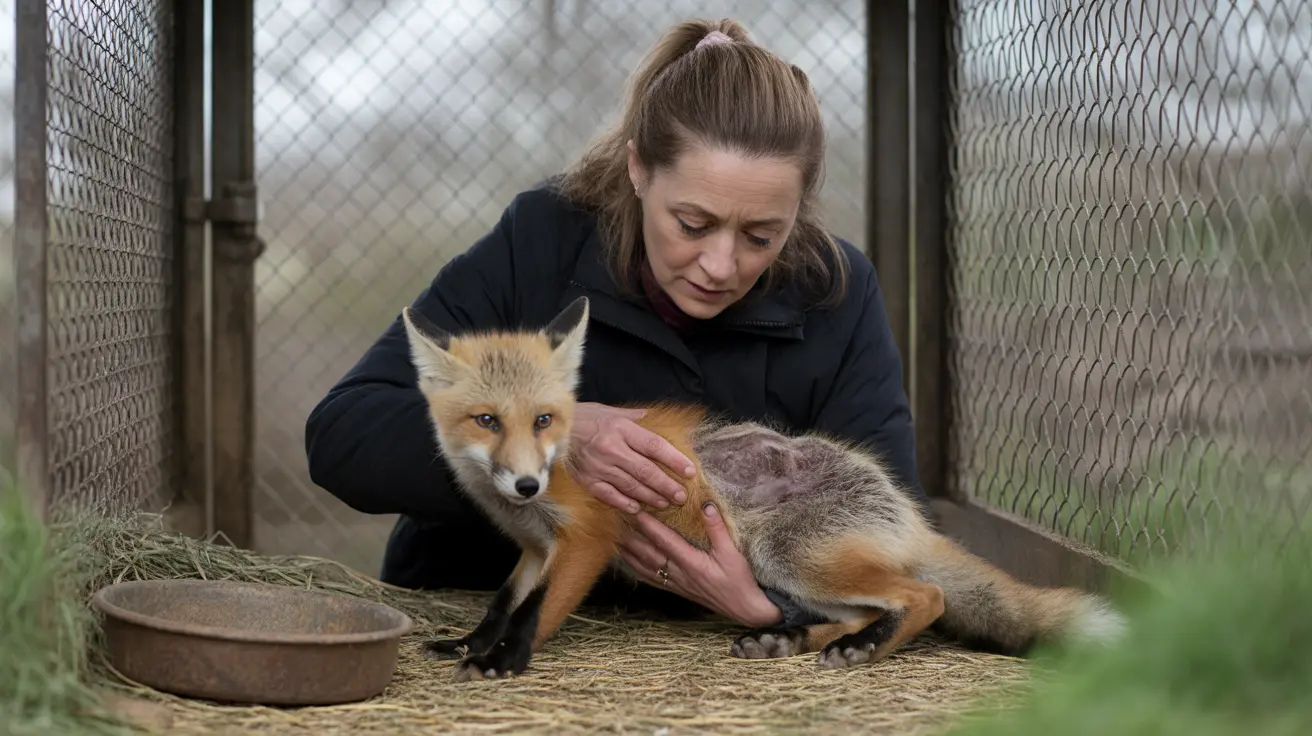Animal Welfare Standards and Enforcement
The Alaska Department of Fish and Game, working alongside Wildlife Troopers, maintains rigorous standards for licensed wildlife facilities across the state. These requirements encompass proper nutrition, adequate housing, and regular veterinary care to ensure the wellbeing of captive animals.
Captive Wildlife Care Requirements
- Species-specific dietary requirements
- Appropriate enclosure maintenance
- Regular health monitoring
- Detailed record-keeping
- Staff training in wildlife care
Impact on Wildlife Tourism
The situation at Kroschel Films Wildlife Center raises important questions about the balance between wildlife tourism and animal welfare. Wildlife centers play a vital role in conservation education and public engagement, making proper oversight essential for maintaining public trust and supporting legitimate conservation efforts.
Proper Feeding and Nutrition Standards
- Provide balanced, species-appropriate diets
- Maintain consistent feeding schedules
- Monitor animal health and weight
- Adjust nutrition plans as needed
Legal Framework and Consequences
The Alaska legal system takes animal welfare violations seriously, particularly when involving licensed facilities entrusted with wildlife care. Enforcement actions can include facility inspections, documentation reviews, and when necessary, animal seizures and criminal charges.
Frequently Asked Questions
What led to the felony animal cruelty charges against the owner of Kroschel Films Wildlife Center in Alaska?
The charges stem from state investigations that found multiple animal deaths caused by starvation and improper diets, indicating neglect of captive wildlife care standards at the center.
What standards must wildlife centers in Alaska meet to ensure proper animal care?
Licensed wildlife facilities must provide species-specific balanced diets, maintain appropriate enclosures, conduct regular veterinary checkups, keep detailed health records, and ensure staff training in wildlife husbandry.
How does Alaska enforce animal welfare laws at private wildlife facilities?
Enforcement is led by Alaska Wildlife Troopers with support from Fish and Game biologists, including inspections, documentation review, seizure of animals if needed, and filing misdemeanor or felony charges for violations.
Looking Forward
This case serves as a reminder of the crucial importance of maintaining high standards in wildlife care facilities. While wildlife centers can provide valuable educational experiences and conservation awareness, their primary responsibility must always be the welfare of the animals in their care.
The ongoing legal proceedings highlight the need for continued vigilance in monitoring and enforcing animal welfare standards across all wildlife facilities. It also emphasizes the importance of public awareness regarding proper wildlife care practices and the role of regulatory oversight in protecting captive animals.






